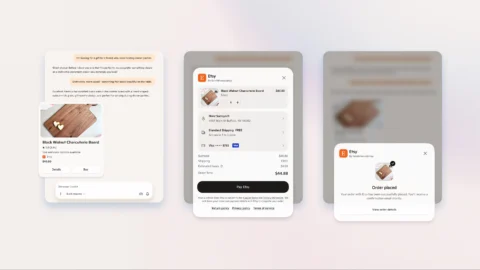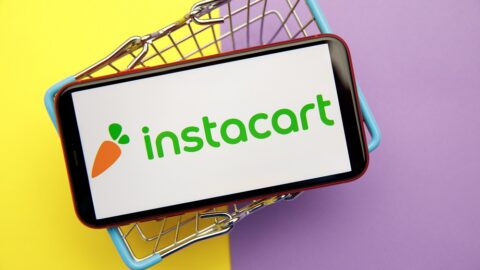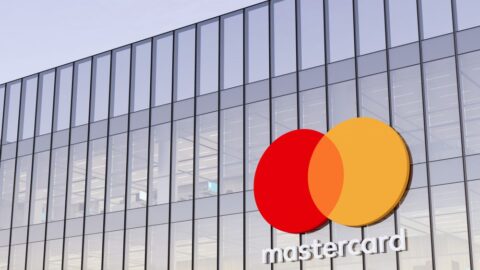Two months after PayPal patched up an old rivalry with Visa, the digital payments platform is entering a similar agreement with Mastercard. Goals include:
• Expanding the companies’ existing partnership,
• Integrating Mastercard into PayPal at brick-and-mortar stores; and
• Building a universal checkout option for consumers.
As part of the deal, Mastercard’s digital wallet, Masterpass, will be added as a payment option for merchants that process payments via PayPal’s subsidiary Braintree. For consumers, this means they can use a Mastercard credit or debit card as their default payment method when using the PayPal service. Retailers will have more choices as to which digital payment services they can offer.
With Mastercard and Visa now on board with PayPal, the payments platform is seeking to establish more traction at the POS beyond its e-Commerce roots, especially at a time when competition is on the rise from various solutions including Apple Pay, Android Pay and Samsung Pay. The segmentation throughout mobile payments doesn’t stop there: retailers such as Walmart, Amazon and CVS have each built out their own digital payments solutions.
Competition Incentivizes A More Inclusive Shopper Experience
The proliferation of payment options may have been an added incentive for PayPal to align itself with two existing power players like Visa and Mastercard, and to do so within the fast-growing mobile payments segment. The emerging payment options from tech hardware companies and retailers alike have been designed to eliminate much of the friction consumers have traditionally had to deal with when making mobile payments within a store. PayPal’s task now will be to both ensure that its experience remains as smooth as possible, and to make its service accessible to a wider range of consumers.
As an example of working more cohesively with Mastercard, PayPal affirmed that it will not encourage Mastercard cardholders to link their bank accounts, presenting the brand as a “clear and equal payment option” within the PayPal wallet. This move is vital for the credit card provider because consumers shopping online have previously opted to use the PayPal service instead of using a credit card.
The extended partnership will affect the security measures taken to protect shoppers as they make digital purchases within the store. Customers will see a familiar digital representation of their Mastercard from their chosen issuer, ensuring them that any payment made through PayPal will be protected with the same safety and security measures that they have come to expect when using a Mastercard.
PayPal will integrate Mastercard’s tokenization services, which represents cardholder information such as account numbers with a unique set of numbers that validates a customer’s identity, to discourage online data theft.
“Customer choice and partnership are fundamental principles for PayPal that guide how we operate as a company, giving our customers greater opportunities to more easily manage and move their money online, in app and in-store,” said Dan Schulman, President and CEO of PayPal in a statement. “With each partnership agreement that we sign, we further expand the ubiquity and value of the PayPal brand and improve our own economics.”












